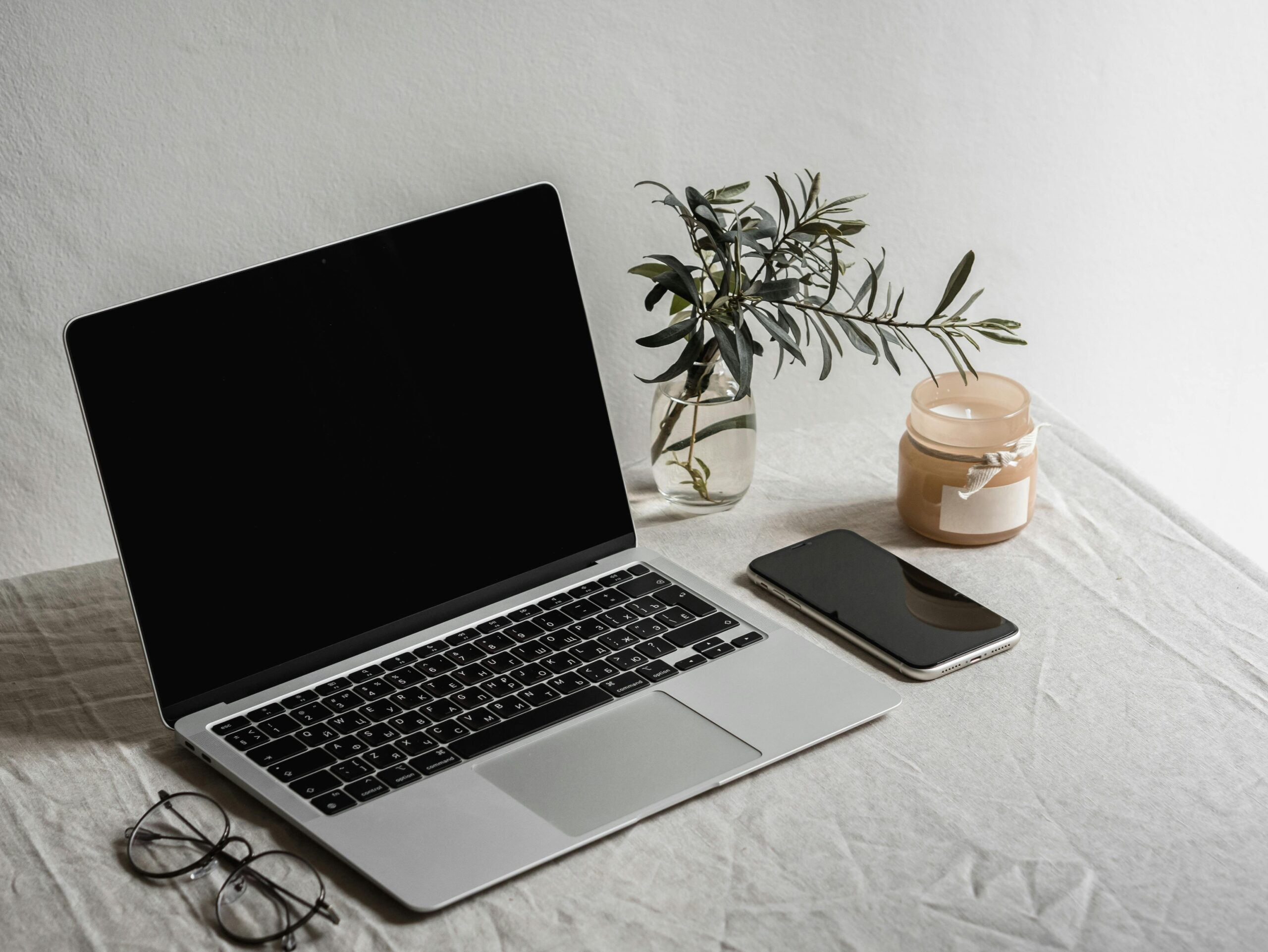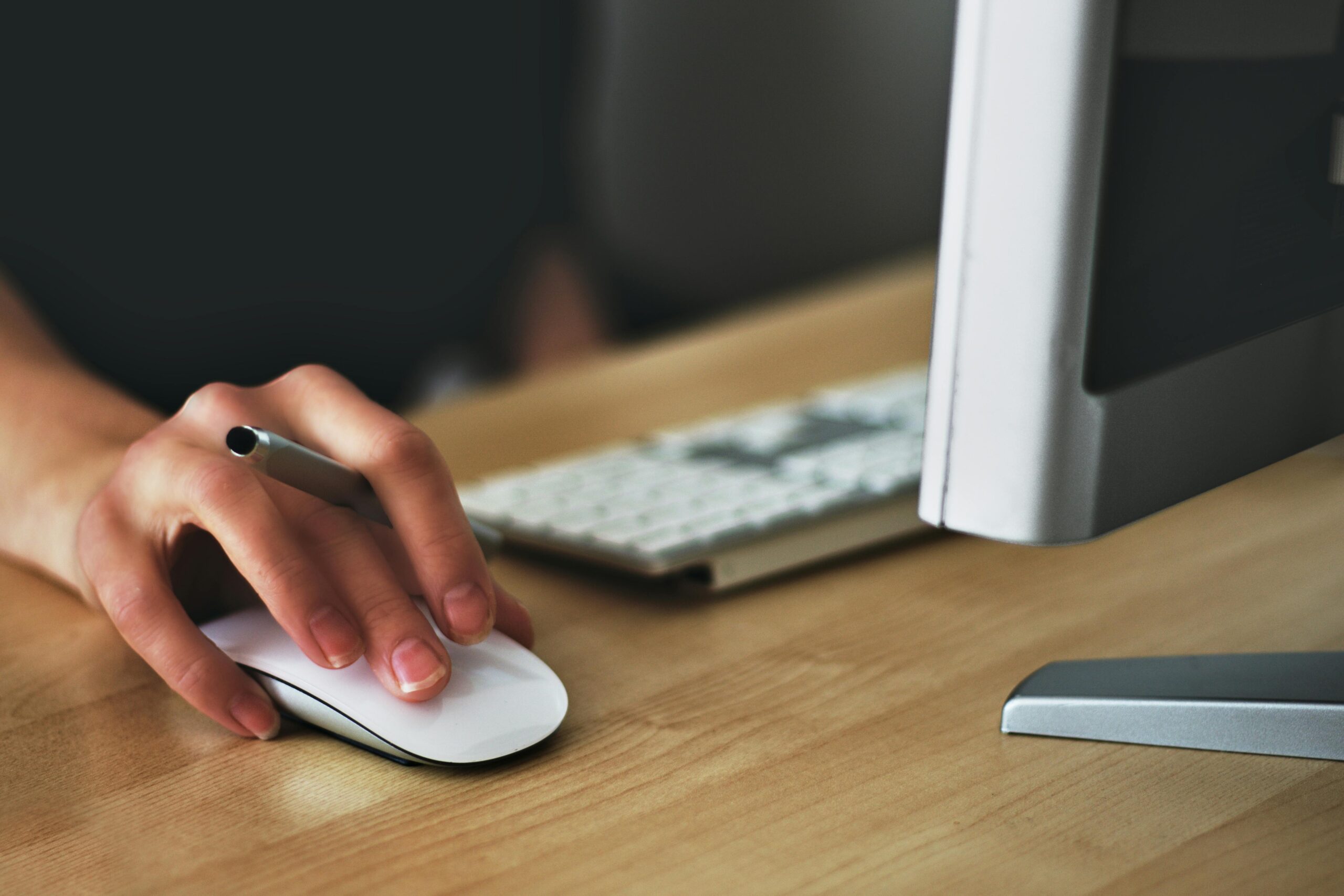JULY 10, 2024
Tips and Tricks for Improving Productivity for Students

In the fast-paced and demanding world of education, you may often find yourself juggling multiple responsibilities.
These responsibilities may vary from attending classes and completing assignments to participating in extracurricular activities and maintaining a social life.
With so much on your plate, finding ways to boost productivity can significantly impact your academic success and overall well-being.
In this blog post, we’ll explore a variety of tips and tricks for Improving Productivity for Students.
These tips and tricks are designed to help students manage their time more effectively, stay organized, and maximize their productivity.
Whether you’re a high school student preparing for exams or a college student balancing coursework and part-time jobs, these strategies will empower you to achieve your goals more easily and efficiently.
Tips and Tricks for Improving Productivity for Students
1. Set Clear Goals
One of the first steps to improving productivity is setting clear, achievable goals.
Break down large tasks into smaller, manageable steps and prioritize them.
This not only makes the tasks less overwhelming but also provides a clear roadmap for what needs to be done.
2. Create a Study Schedule
A well-structured study schedule can work wonders for your productivity. Allocate specific times for studying, breaks, and other activities.
Stick to your schedule as closely as possible to build a routine and reduce procrastination.
You can use a planner or digital calendar to map out your study sessions, classes, and extracurricular activities.
Keeping track of assignments, deadlines, and important dates is crucial.
Use a physical planner or a digital calendar to stay organized.
Color-coding tasks or using different categories can also help you quickly identify what’s coming up.
As a student, you can divide your study material into manageable chunks and allocate specific times to focus on each subject.
3. Practice Active Learning
Engage with the Material where Instead of passively reading, you can take notes, summarize information in your own words, and teach concepts to a study partner.
You can also Use Mnemonics and Visualization techniques to help you remember complex information more easily.
4. Minimize Distractions
Identify and minimize distractions in your study environment.
This could mean turning off notifications on your phone, finding a quiet place to work, or using apps that block distracting websites.
Use apps like Freedom or StayFocusd to block distracting websites during study time.
A focused study session is far more productive than one filled with interruptions.
5. Take Regular Breaks
Studies have shown that taking regular breaks can improve focus and productivity.
Follow techniques like the Pomodoro Technique, where you work for 25 minutes and then take a 5-minute break.
This helps maintain high levels of concentration and avoid burnout.
6. Stay Healthy
Your physical and mental health significantly impacts your productivity.
Ensure you get enough sleep, eat balanced meals, and exercise regularly.
A healthy body supports a sharp mind.
7. Utilize Effective Study Techniques
Different study techniques work for different people.
Some effective methods include active recall, spaced repetition, and summarizing information in your own words.
Experiment with various techniques to find what works best for you.
8. Stay Organized
Keep your study materials and workspace organized.
Knowing where everything is saves time and reduces stress.
Regularly declutter your space to maintain an orderly environment.
Using Apps like Trello, Evernote, or OneNote can help you keep track of assignments, notes, and deadlines.
If you want to see apps that you can use as a student to boost your productivity you can see our post Productivity Apps that every college student needs.
9. Seek Help When Needed
Don’t hesitate to ask for help if you’re struggling with a subject or a particular task.
Whether it’s from a teacher, a classmate, or a tutor, seeking assistance can provide clarity and keep you on track.
You can also utilize online platforms like Khan Academy, Coursera, or Quizlet for additional learning support.
10. Reflect and Adjust
Regularly reflect on your productivity strategies and adjust as needed.
What works for you at one point might change, so be flexible and willing to try new approaches.
Conclusion
Improving productivity as a student is not just about working harder but working smarter.
Strategies that you can use are setting clear goals, creating a conducive study environment, managing time effectively, and utilizing tools and techniques that suit your learning style.
By incorporating these strategies, you can enhance their efficiency and achieve your academic goals.
Remember to take care of your mental and physical health, as a balanced lifestyle is key to sustaining productivity in the long run.
Important: This post is for informational and educational purposes only. This post should not be taken as therapy advice, financial advice or used as a substitute for such. You should always speak to your own therapist or financial advisor before implementing this information on your own. Thank you!


